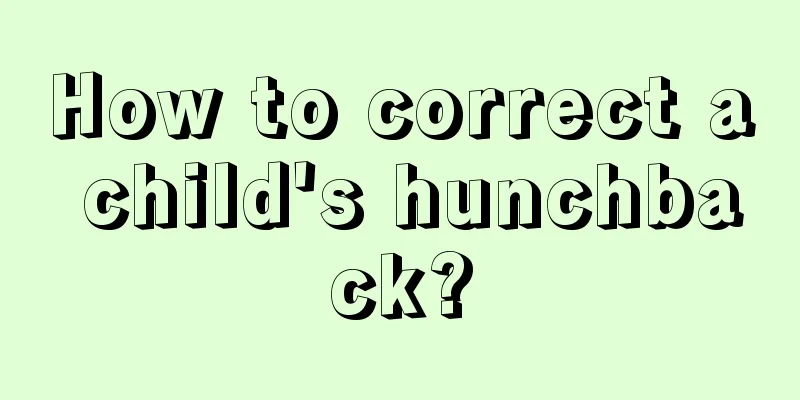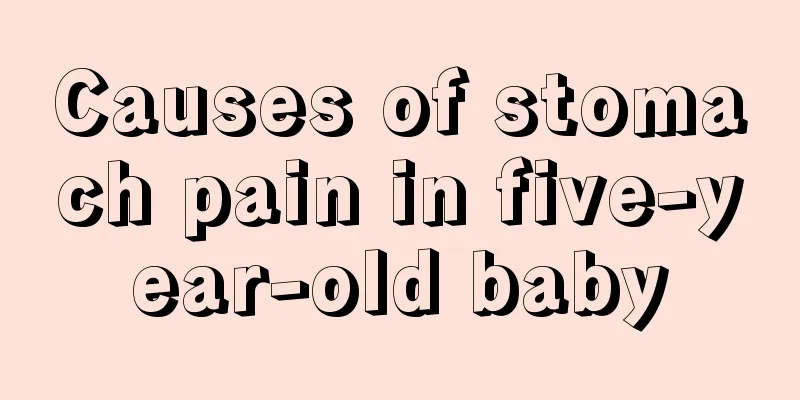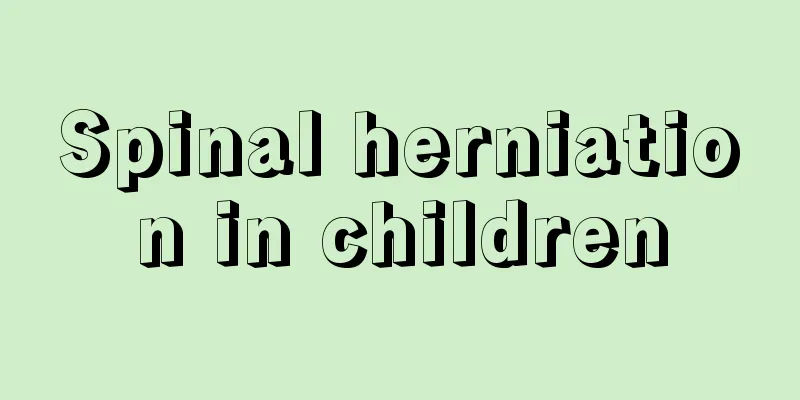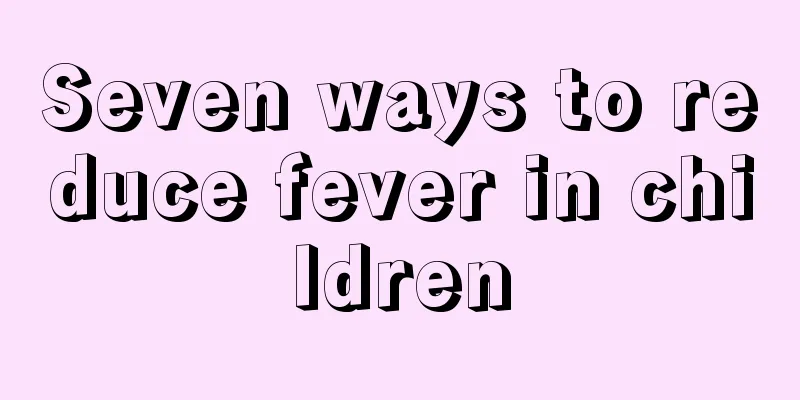What to do if your 2-year-old baby has tonsil suppuration

|
A 2-year-old baby has tonsillitis? This sounds like a very bad thing. The symptoms of pediatric tonsillitis are mainly manifested in high fever, sore throat, etc. Sometimes when the tonsils are inflamed and become suppurative, our baby will lose appetite and even not want to eat at all. How should we solve this problem? Let me introduce it to you below, and I hope that parents can benefit from it. Nursing care for suppurative tonsillitis in children rest The sick child should rest in bed. The indoor temperature should not be too high so that the child does not feel cold. A basin of water should be placed on the stove and some water should be sprinkled on the ground to maintain a certain humidity in the air to keep the nasopharynx of the sick child moist. While keeping warm, open doors and windows regularly for ventilation, but be careful to prevent cold air from blowing directly on the sick child's body. Smoking is strictly prohibited indoors to keep the indoor air fresh and reduce throat irritation. diet During the acute phase, the sick child should be given light, easily digestible, nutritious liquid or semi-liquid food. You can switch to normal meals during the recovery period. During the acute phase, the sick child should drink more boiled water, or various fruit juices and sugar water to replenish the water in the body. Oral Care The sick child should gargle with a 1:1 warm salt water mixture before and after meals. The child can also gargle with 2% baking soda water or 3% boric acid water, 4 to 5 times a day. Fever care When the body temperature is too high, physical cooling can be used, such as cold compress on the forehead: warm water bath, alcohol bath, etc. You can also give your child antipyretic medicine as prescribed by the doctor. Pain medication During treatment, parents should follow the doctor's instructions and give their sick children medicines and injections on time. During treatment with penicillin and sulfonamides, children should be carefully observed to prevent allergic reactions. During the medication process, if the child develops a rash, a sudden rise in temperature, abdominal pain, or early symptoms of shock, stop the medication immediately and go to the hospital for emergency treatment as soon as possible. Pay attention to the condition If the child develops oliguria and eye swelling within 2 to 3 weeks after recovery from the illness, it may be complicated by nephritis; if the child develops fever, joint pain, palpitations, and rapid pulse, it may be complicated by rheumatic fever. The most traditional way to solve tonsil suppuration in a 2-year-old baby is drug treatment. Usually we will use some anti-inflammatory drugs to treat the baby, but if the baby's tonsils are really seriously inflamed, the editor recommends surgical treatment. If it still doesn't work, the most effective way is to remove the tonsils, because long-term pus discharge will indicate that the baby's immunity is rapidly declining. At this time, removing the tonsils is a very good way. |
<<: Why do children always have fever at night?
>>: What to do if your child has a fever of 38 degrees
Recommend
Why do children vomit at night?
When feeding children, parents must take into con...
What is the reason why my baby has yellow-green watery stool?
Diarrhea is often caused by eating spoiled food o...
Can a two month old baby sleep on his side?
The addition of a new member to the family is a j...
What to do if your baby sucks his fingers
Thumb sucking is a common problem among children....
What should I do if my child has a hunchback?
As parents, of course we hope that our children c...
Can you twist a child's ears?
Hyperactivity and naughtiness are synonymous with...
How to treat precocious puberty?
Generally, children need a certain amount of nutr...
What to do if your newborn baby loves to sleep
Newborn babies always sleep more than adults. Thi...
Can eight-month-old babies eat oil?
It is usually after 6 months that babies can grad...
What should I do if my child's butt is red?
We all know that in the process of taking care of...
What are the folk remedies for children's cold and fever?
Children generally have weak constitutions, and m...
What to do if your 10-year-old child has bad breath
Many mothers are very careful when taking care of...
White discharge from the girl's vagina
In the case of a girl with white discharge from h...
What are the adverse reactions to the measles-mumps-rubella vaccine?
Children's immunity is relatively weak when t...
What should I do if my child has pigmentation on his face?
We all know that some adult women are particularl...









